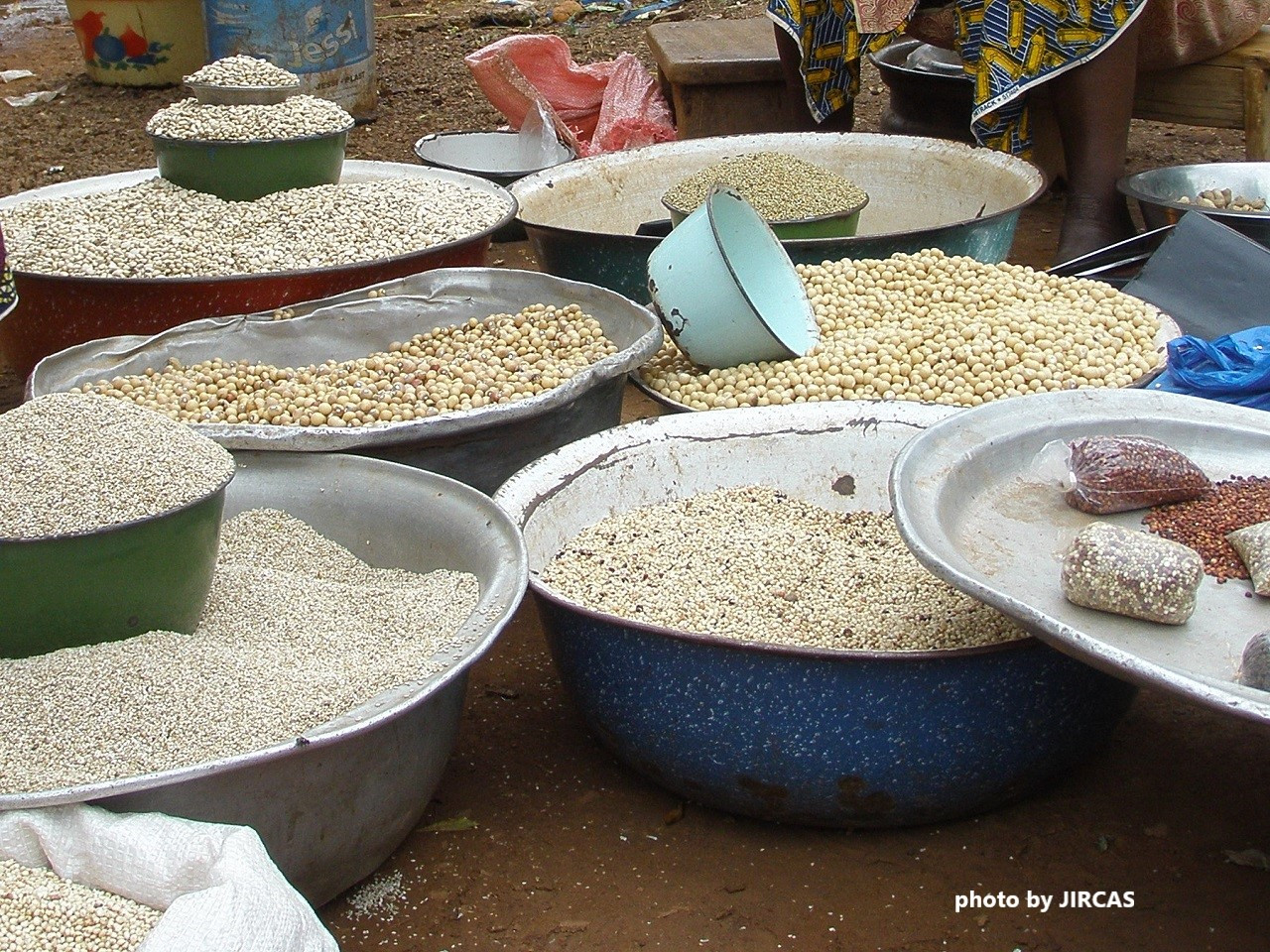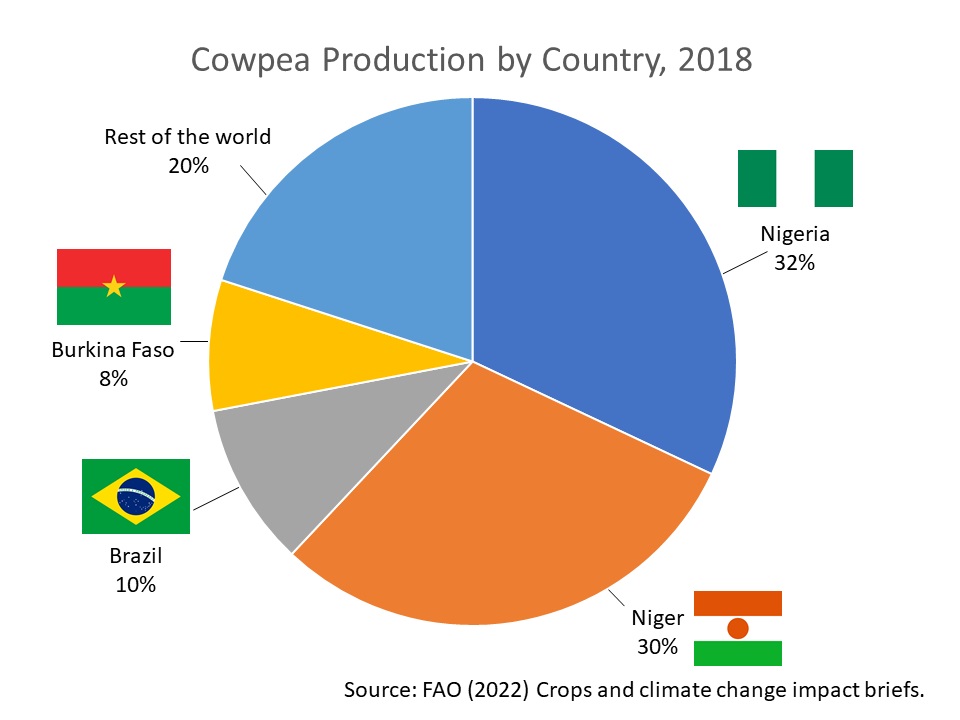Pick Up
476. February 10th is "World Pulses Day"

In commemoration of the International Year of the Pulses 2016, the United Nations designated February 10 as “World Pulses Day” at the UN General Assembly held in December 2018. World Pulses Day aims to provide an opportunity to raise awareness about the nutritional benefits of pulses and their contribution to sustainable food systems and the world without hunger.
Pulses (legumes)
- contribute to food security at all levels as an economically accessible and nutritious food,
- optimize fertilizer use and improve soil health,
- improve agrobiodiversity and climate change resilience,
- restore ecosystems and improve ecosystem services,
- and contribute particularly to SDGs 2, 3, 12 and 13.
The FAO, the organization in charge of this international day, is working with other organizations to raise awareness.
The Crops and climate change impact briefs recently released by FAO includes a chapter on cowpeas. Cowpea is an important legume crop in the tropics and subtropics, especially in Africa, and is drought tolerant. However, as farmers face increasingly unstable and extreme weather conditions, approaches to climate change adaptation and mitigation are becoming essential in cowpea cultivation. This book describes sustainable and resilient cowpea production systems through Climate-smart agriculture (CSA) and approaches to climate change adaptation and mitigation. It further emphasizes that these practices will contribute to the following Sustainable Development Goals (SDGs), among others
- Introducing cowpea into cropping systems and diets can improve access to nutritious food (SDG Target 2.1)
- Improving yields can contribute directly to the goal of doubling the income and productivity of smallholder farmers (SDG Target 2.3).
- Provide nutritious fodder and support crop-livestock integration bringing more benefits to smallholder farmers (SDG Target 2.3).
- Create opportunities for increased economic productivity (SDG Target 8.2).
- Contribute to building more sustainable and resilient food systems by improving soil fertility and preventing erosion (SDG Target 2.4)
- Support the prevention of non-communicable diseases (SDG Target 3.4)
- Create adequate employment opportunities in rural areas (SDG Target 8.5)
JIRCAS has made available the EDITS-Cowpea database, which contains information on various traits of cowpea genetic resources, especially those related to bean quality.
* The Crops and climate change impact briefs aim to provide insights into the application of climate-smart agriculture (CSA) practices to five crops that are critical to the global agri-food sector: coffee, cowpea, maize, rice and wheat.
Reference
Crops and climate change impact briefs
Climate-smart agriculture for more sustainable, resilient, and equitable food systems
https://www.fao.org/3/cb8030en/cb8030en.pdf
Contributor: KANAMORI Norihito (Information and Public Relations Office)

